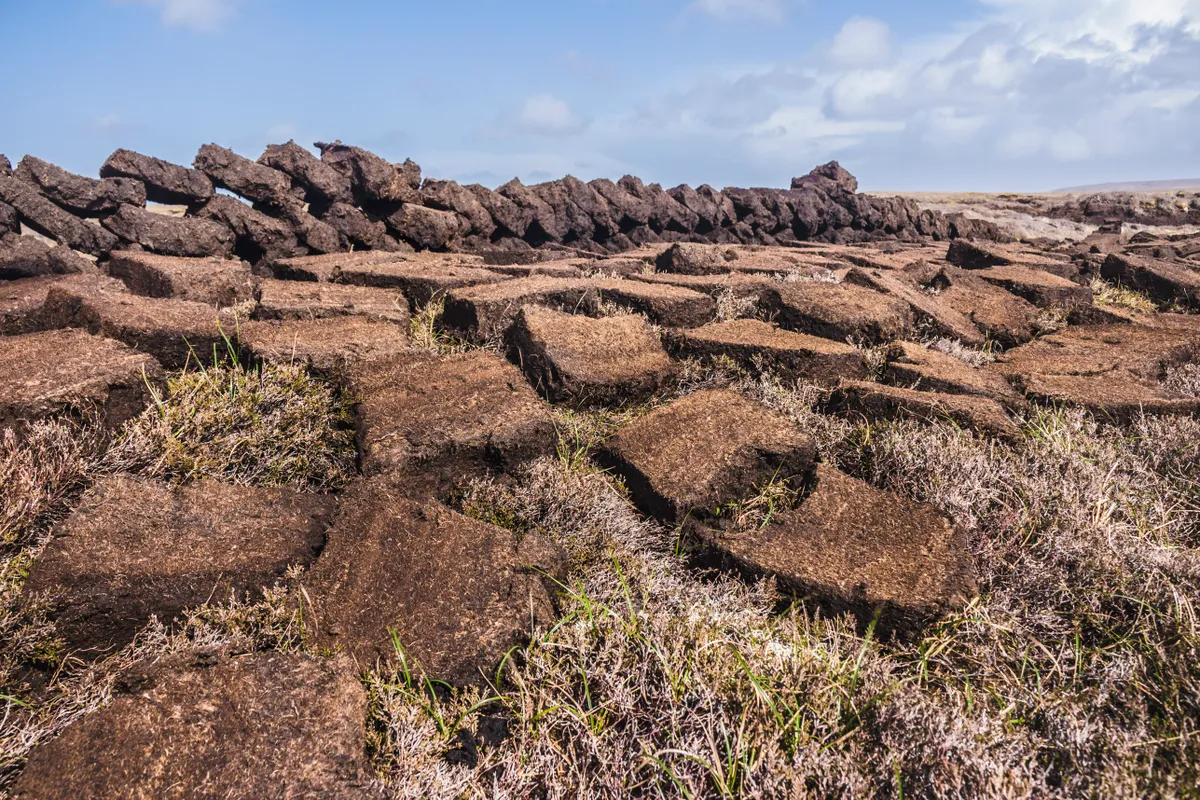At the RHS Autumn Conference, hosted by new Director General Clare Matterson, a series of announcements were made about RHS Chelsea Flower Show and about RHS Science projects.
What is clear from the RHS Science announcements is that the Society is placing a greater focus on sustainability and the environment.
In a bid to increase biodiversity in the UK's gardens, the RHS has created a new role of Senior Ecologist. The post will design and lead ecological surveys at the charity's five gardens, establishing baseline data on wildlife and developing recommendations to increase biodiversity.
Gemma Golding, who has previously worked as a senior ecology and sustainability consultant, has been appointed Senior Ecologist, joining the Plant Health team and based at RHS Garden Wisley. This follows the appointment of Helen Bostock as Senior Wildlife Specialist. Their work will help bring nature into people's lives through gardening.
As part of the role, the Senior Ecologist will coordinate ecological surveys targeting habitats and species within the gardens. Some of the wildlife the team will be looking to include in the surveys are amphibians, butterflies, breeding birds, bumblebees and other terrestrial and aquatic invertebrates. These are a good representative of overall biodiversity and can hep determine the health of a habitat. Threatened species found at RHS sites include the hazel dormouse (pictured above), the stag beetle and the mistle thrush.
In addition to the creation of the Senior Ecologist role, the Society has also announced a £1 million research project to accelerate horticulture's transition to peat-free. The RHS has appointed a peat-free postdoctoral fellow to help with the transition.
Read about why banning peat is a good idea, from RHS Chief Horticultural Advisor Guy Barter

The co-funded, five-year project led by the charity will convene government, growers and growing media manufacturers through the Growing Media Association and horticultural product supplier Fargro to research sustainable alternatives to peat in commercial settings.
Five growers, who collectively produce more than 46 million plants a year, will work alongside Dr Raghavendra Prasad, who has joined the science team at RHS Hilltop: Home of Gardening Science this month.
Areas of focus will include peat-free plant and plug-plant production, new growing media technologies and growing protocols. Findings will be shared with the wider industry, including specialist nurseries and the UK's 30 million home and community gardeners to aid in the transition of the whole industry to peat-free.
These announcements come as industries across the board are feeling increasing pressure to become more sustainable, and will be welcome news to the gardening world.
